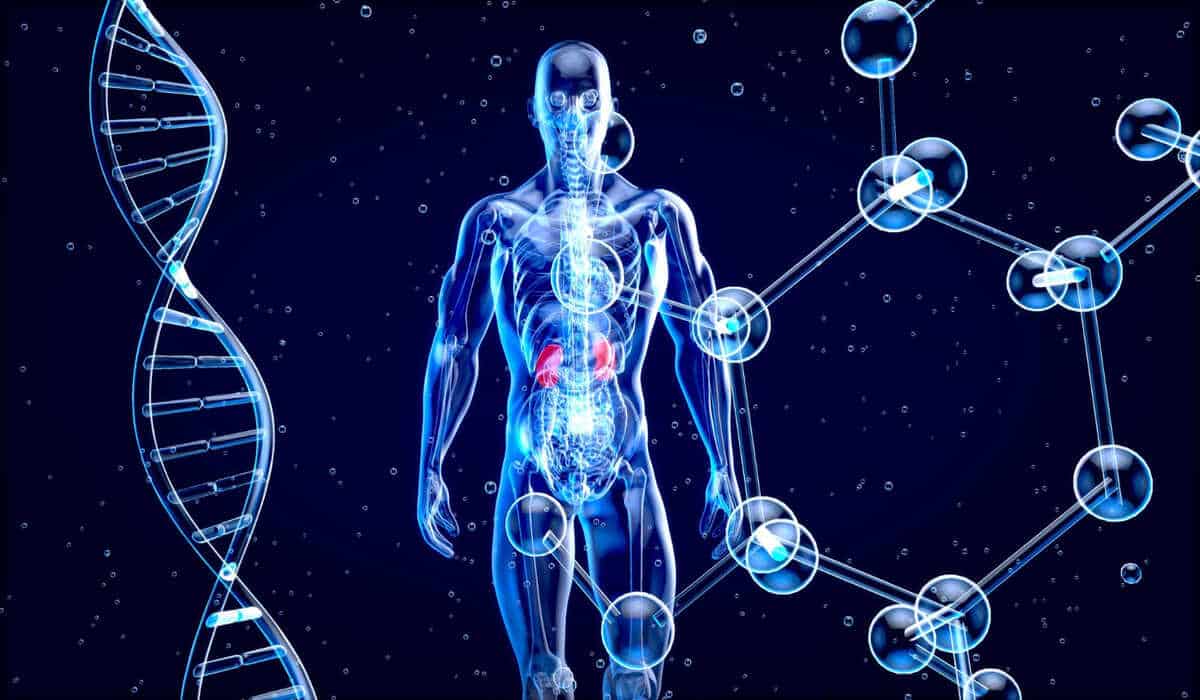Table of Contents
The fusion of engineering concepts with biology has spawned one of the most thrilling new frontiers of life extension: synthetic biology. This new science takes advantage of our expanding knowledge of cellular functions to build new biological components, systems, and organisms that could re-engineer aging in its entirety.
The Cellular Architecture of Aging
To see how synthetic biology might extend human lifespan is to consider the molecular mechanism of aging at the cellular level. There have been several hallmarks of aging described, including telomere shortening, mitochondrial dysfunction, and senescence of cells—all of which are possible targets for synthetic biological therapies.
Precision of synthetic biology is its ability to program cells with specific functions, similar to how programmers write computer code. But while traditional medicines follow one pathway at a time, man-made biological approaches can address multiple mechanisms of aging simultaneously. Modern research groups are engineering designer immune cells that scour the body for senescent cells, while others are attempting to teach stem cells how to heal damaged tissue better. Just as it takes advanced algorithms to calculate multiple variables at once to analyze odds on a betting app, synthetic biology has to combine many biological variables to develop exhaustive anti-aging strategies. That complexity both yields incredible potential and serious challenges for scientists who strive to increase human healthspan.
Some of the ongoing experimental approaches include building better DNA repair mechanisms and building synthetic organelles that might be utilized to replace dysfunctional mitochondria. Such developments suggest that aging could be an avoidable biological destiny, but a complex system that might be reprogrammed by finely tuned engineering interventions.
Engineered Longevity: From Theory to Application
Translating synthetic biology concepts into functional longevity therapies entails venturing into unexplored scientific and regulatory territories. Researchers are following many promising avenues, from gene circuits to sense and respond to age-related cell damage, to microorganisms designed to produce anti-aging molecules within the human body.
One very interesting strategy is to construct synthetic biological networks that are able to sense and regulate cellular homeostasis throughout the organism’s lifespan. These systems might be able to potentially sense early indicators of cellular malfunction and initiate appropriate responses before major damage is done. The development of such sophisticated biological machinery tracks the refinement of modern digital platforms, just as online businesses such as Melbet must integrate numerous gaming systems, payment systems, and user interfaces into one seamless experience. And so, synthetic biology must integrate numerous molecular components into functional biological circuits.

The most advanced current applications seek to complement the body’s own healing processes, not replace them. Scientists have been able to design immune cells to more effectively eliminate damaged proteins and cellular waste, while others have made synthetic gene networks that raise the production of protective proteins when the cell is stressed.
Breakthrough Technologies Reshaping the Science of Longevity
Various new technologies in synthetic biology hold particularly outstanding potential for extending human lifespan. These technologies represent significant departures from standard medical approaches and can potentially revolutionize our understanding of aging and longevity.
Main Synthetic Biology Life Extension Strategies:
- Cellular Reprogramming Systems: Engineered circuits with the capacity to reset cellular age by reanimating dormant repair processes and rejuvenating youthful cellular capability through targeted genetic modification.
- Synthetic Organelle Development: Creation of artificial cell components with the potential to replace or enhance failing biological systems, primarily with enhanced mitochondria that maintain energy-producing efficiency with aging.
- Programmable Immune Enhancement: Immunological cell engineering with enhanced performance to identify and kill senescent cells, cancerous cells, and other age-generated threats with unprecedented efficacy and specificity.
- Bioengineered Tissue Regeneration: Development of synthetic biological scaffolds and growth factors that are able to guide the regeneration of complex tissues and organs, reversing tissue deterioration related to age.
What unifies these technologies is their ambition to enhance, rather than replace, natural biological processes. The success of the more likely approaches will take the form of multiple strategy development, creating integrated systems that will address the complicated, interconnected aspects of aging processes.
Research institutions are investing massively worldwide in these fields, with some initiatives still in early clinical trials. However, there isn’t a clear timeline yet for the timing of applications in the lives of many, although first results show quite promising suggestions for meaningful life extension through synthetic biology over the next two decades.
Navigating Ethical Landscapes and Future Implications
The huge possibility of human life extension through synthetic biology raises serious questions about the structure of society, the distribution of resources, and the basic definition of human being. If these technologies become available, they will, in all likelihood, be quite costly in the beginning, creating a new set of inequalities with regard to access to treatment for life extension.
So far, there have been limited regulatory frameworks to support synthetic biology applications in longevity research. Current patient clinical trial structures may be inadequate to evaluate treatments intended to extend living over decadal or century-long timeframes. How does one conduct controlled studies of interventions whose effects occur over time frames that go beyond typical research career timelines?
Even the psychological and social ramifications of extraordinarily long lifespans have remained pretty much unexplored. Does society need to be rearranged around such foundational concepts as career progression, retirement, and family planning? Such queries suggest that longevity under synthetic biology stretches far beyond the biological line.


